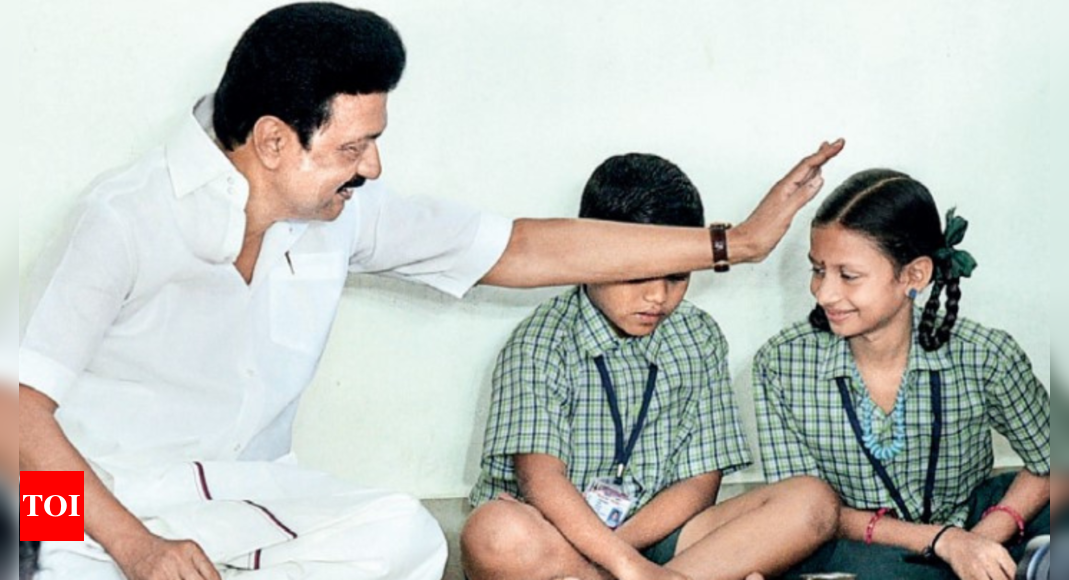
Bold initiatives and contentious decisions marked the second year of M K Stalin as chief minister. While the government showed clarity and conviction on some of its policies, it dithered and retracted on a couple of them. The government put up a spirited fight to end online gambling that had claimed more than 40 lives in Tamil Nadu.
Preparing the ground for a legislation, the government constituted a committee led by retired Judge K Chandru to study the matter. When the governor sent back the Tamil Nadu Prohibition of Online Gambling and Regulation of Online Games Act, 2022, the assembly readopted it – with no changes – forcing the governor to give assent to the legislation. Not always was the government so stubborn.
Faced with political opposition, the government made a ‘U’ turn on amendments to the liquor rules to allow alcohol to be served at sports events and international conferences. The amendments were later stayed by the Madras high court. On the amendments to the factories act, too, the government had to eat humble pie. On education policies, it is sterner. Despite protests from certain sections, the government is trying to bring all schools under various departments like adi-dravidar and tribal welfare, BC, MBC and denotified communities, HR&CE and forest under the school education department to ensure inclusiveness. Financial managers say the end of the GST compensation regime has the state losing 20,000 crore a year, but the state government went ahead to implement its promise of giving 1,000 monthly to women. The ‘Pudhumai Penn’ scheme gives a similar amount to girl students of government schools, benefiting 2.2 lakh of them every month.
A state planning commission study found 29% more girls entered colleges in comparison with the previous year. The free breakfast scheme for school students is being expanded to benefit 18 lakh students of 30,122 primary schools. When the government’s one hand gives, the other had to take. It increased property tax, a move that gives urban local bodies 1,200 crore more a year. It effected an increase in power tariff – a move that should apply balm on Tangedco that has been bleeding 12,000 crore a year. Far away from assembly election, the government also increased the price of milk sold by Aavin. If Presidential assent is given to a bill, the rate of stamp duty for certain documents, including affidavits, power of attorney and attestation by a notary public will soon go up. ITIs are undergoing transformation on a large scale to benefit the stakeholders.
The government has unveiled policies for disaster management, organic farming, electric vehicles, footwear and leather, ethanol blending, tourism and m-sand; it has promised a new policy to repower wind mills, a comprehensive one to promote investment in pumped hydroelectric storage, and another for textiles. “Right direction, right speed – that’s the mantra,” said a top bureaucrat. Transparency in governance, however, remains poor, as departments fail to post orders and announcements of public interest on government portals. On the flip side, no policy is visible in the transport sector. As on February 28, about 50% of the bus fleet of state transport undertakings are overaged. Here, the state has a long way to go.